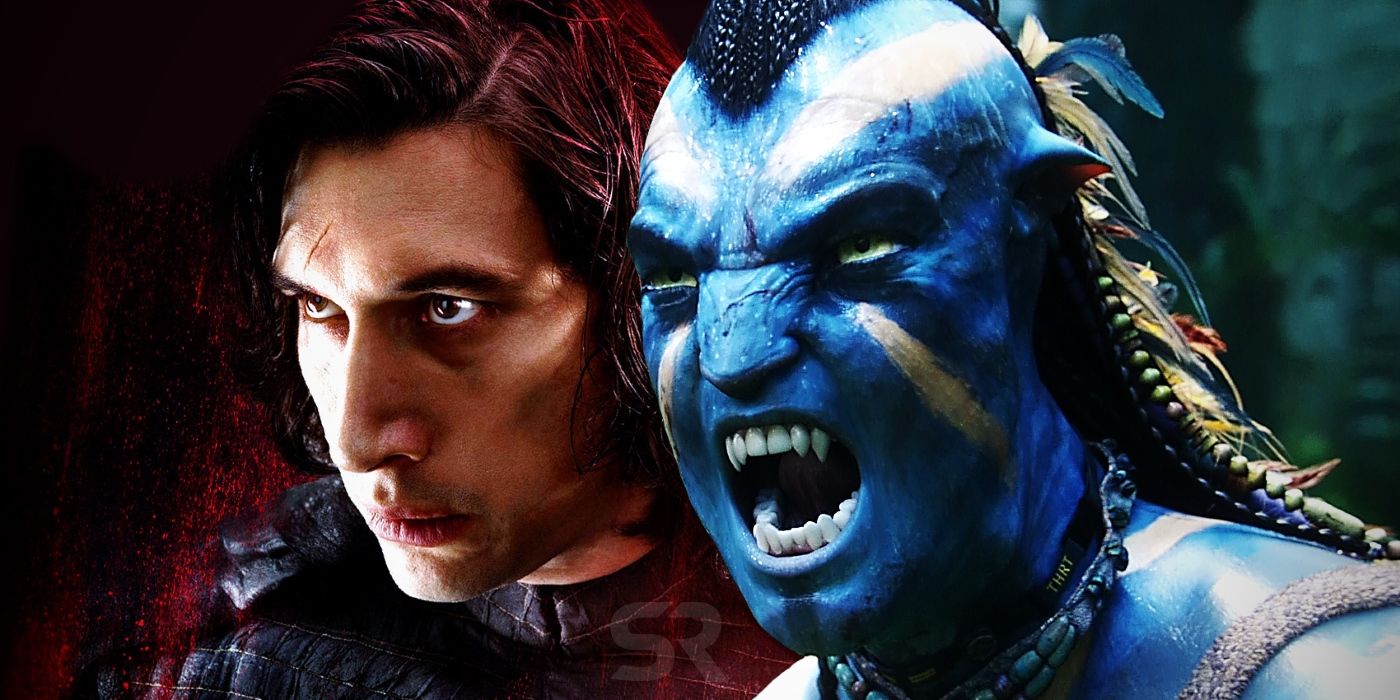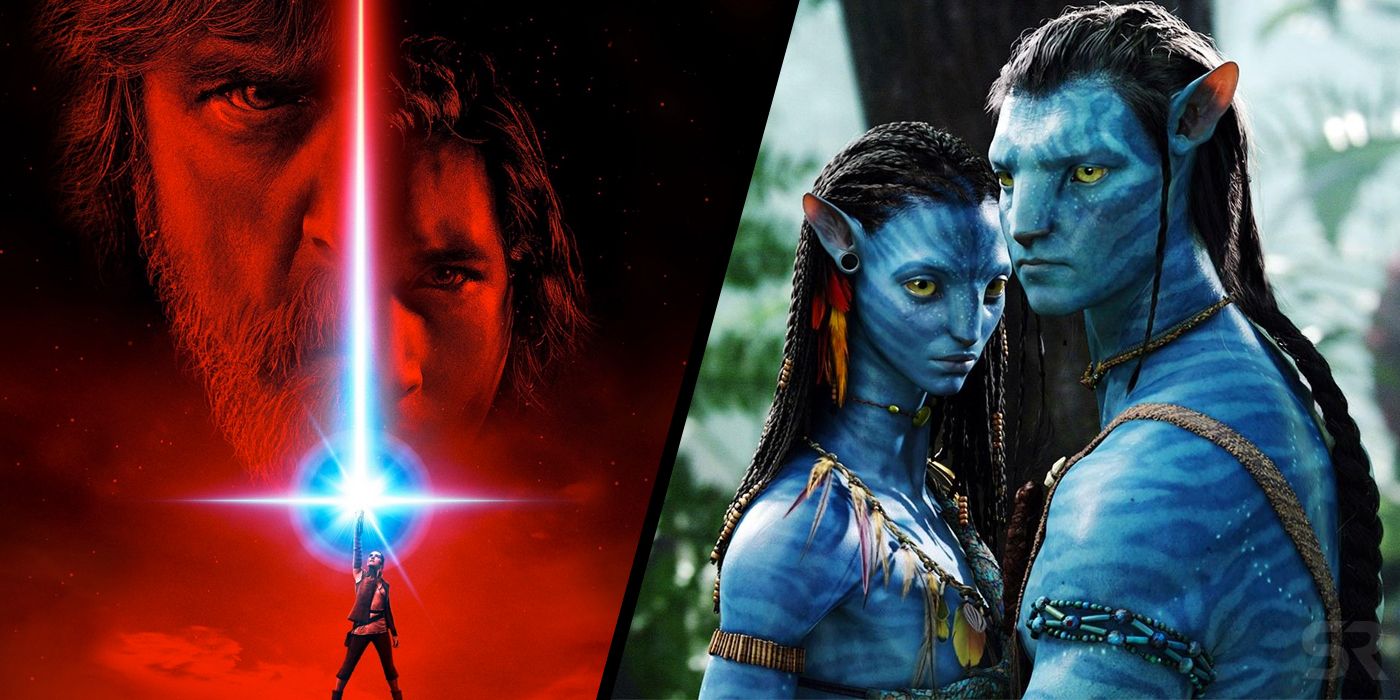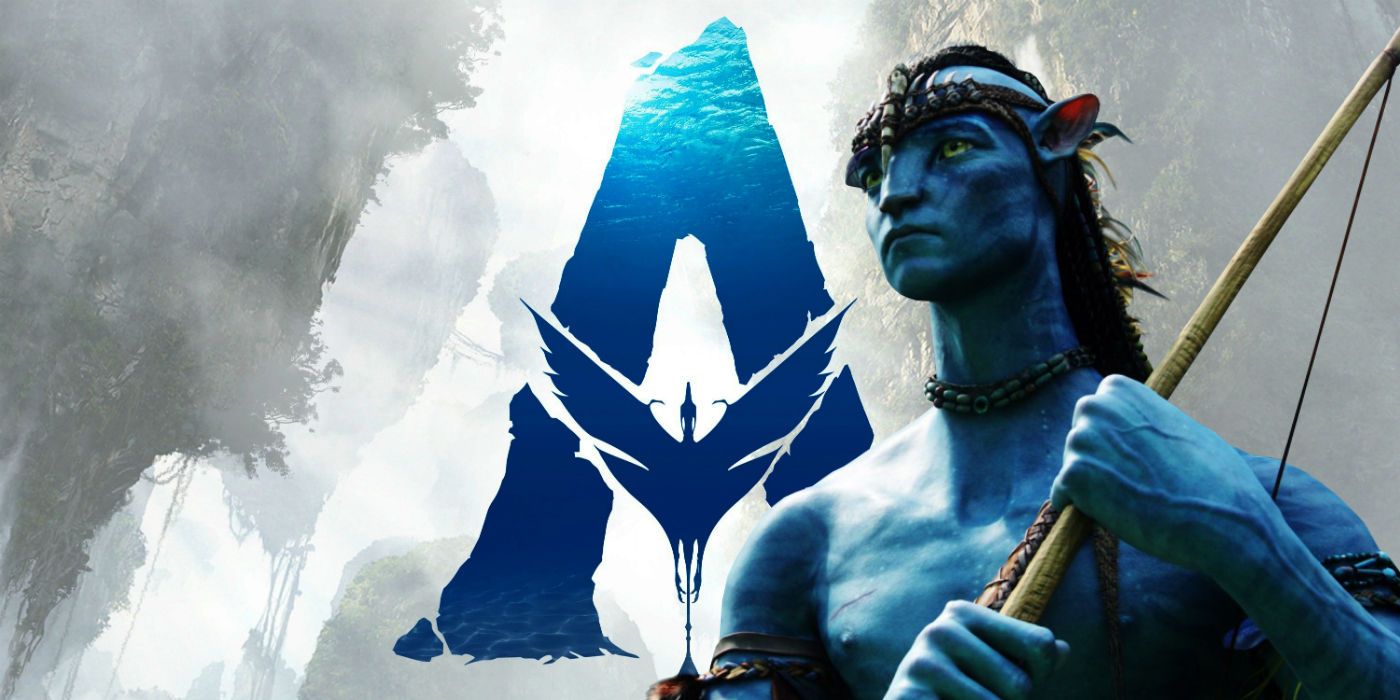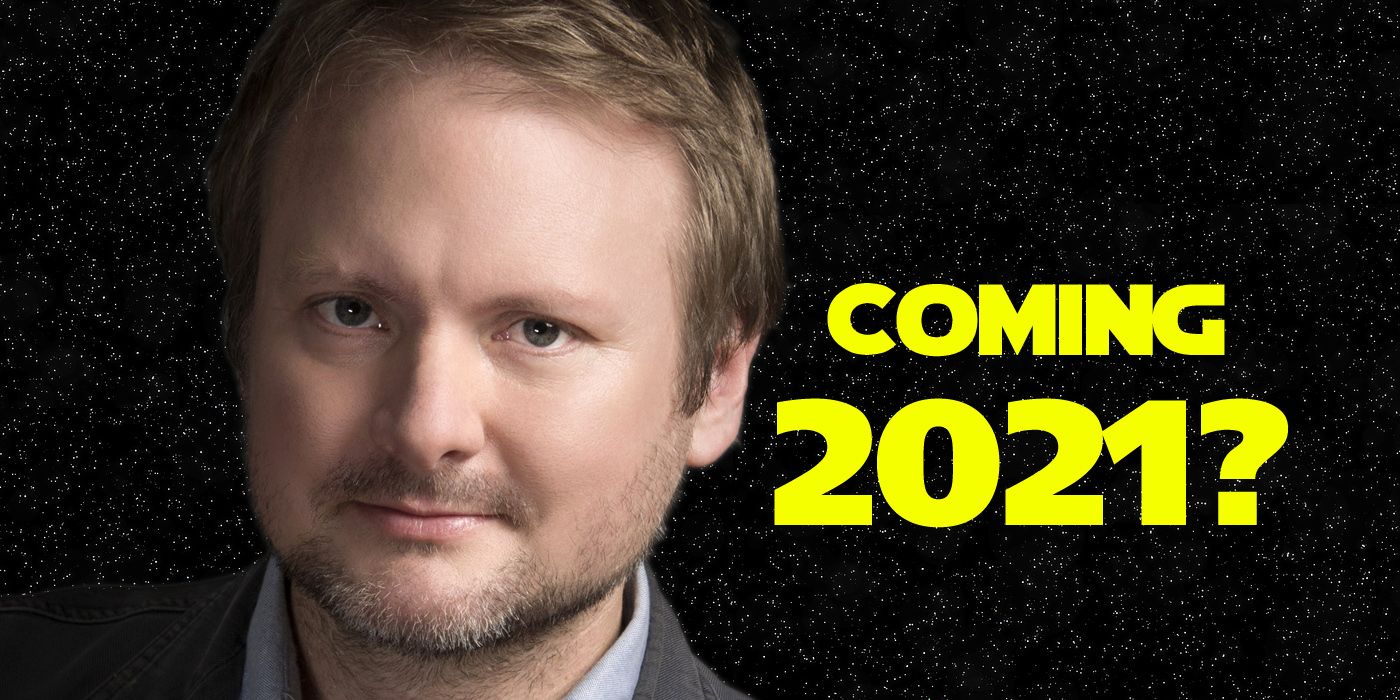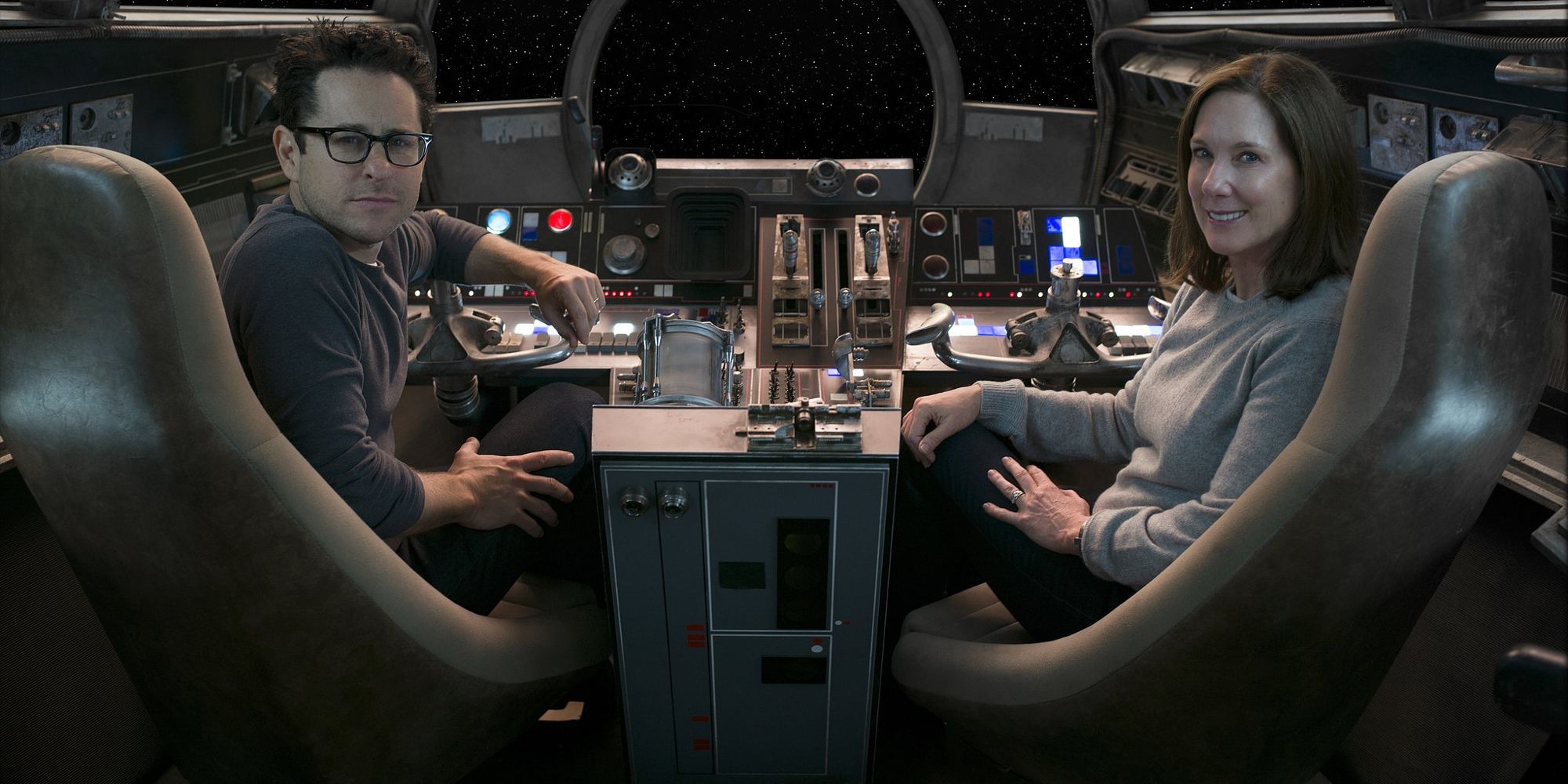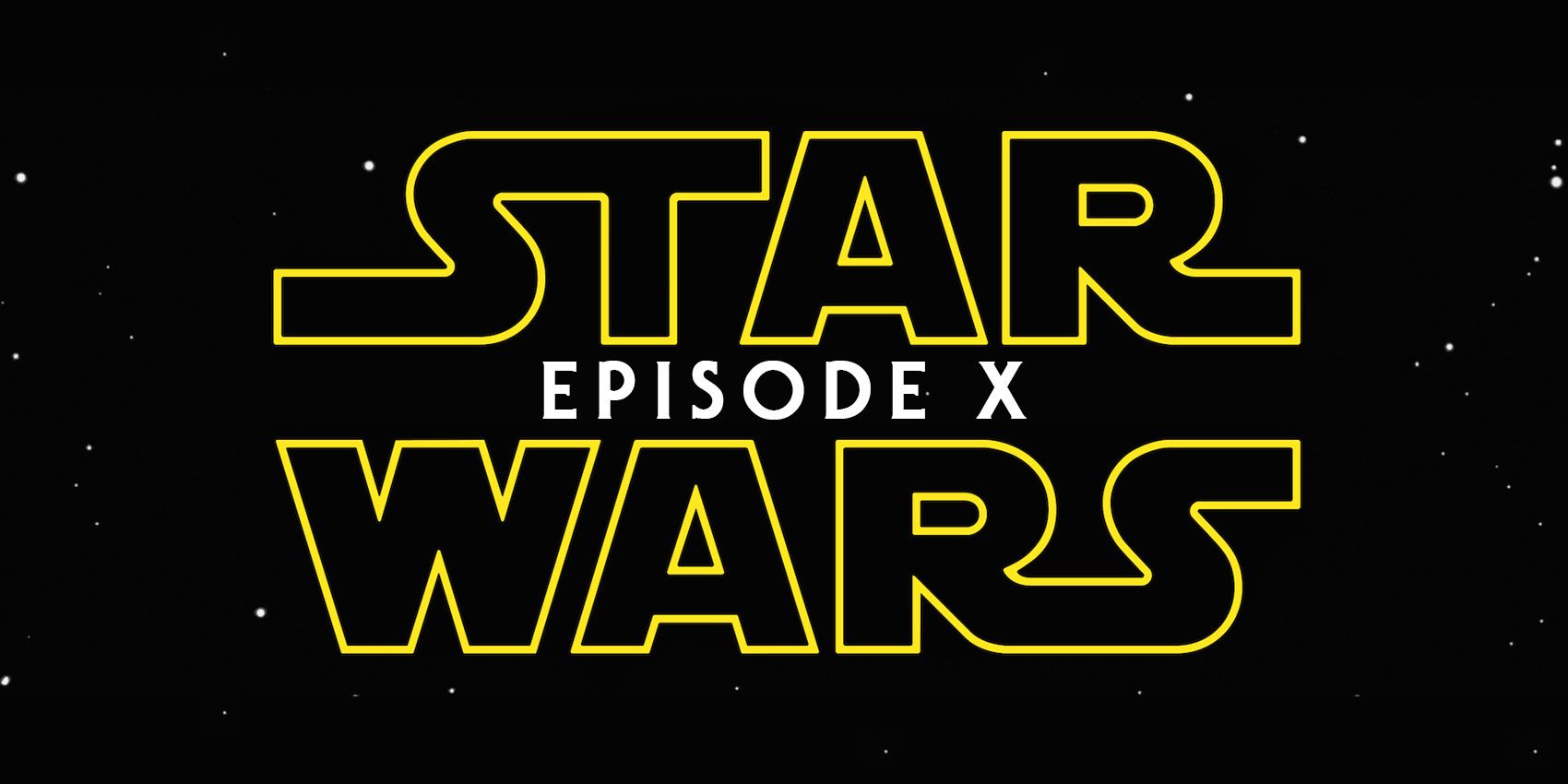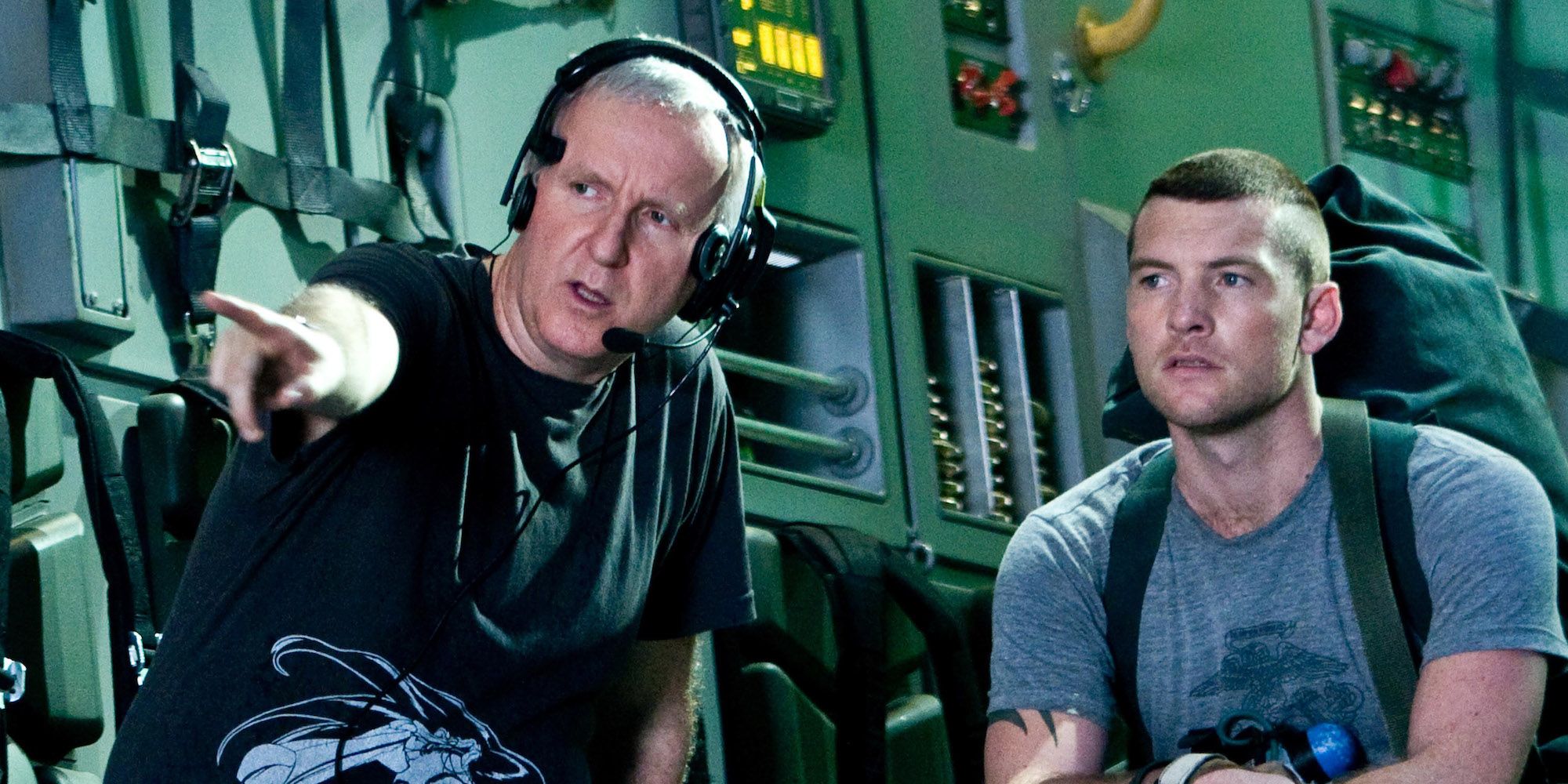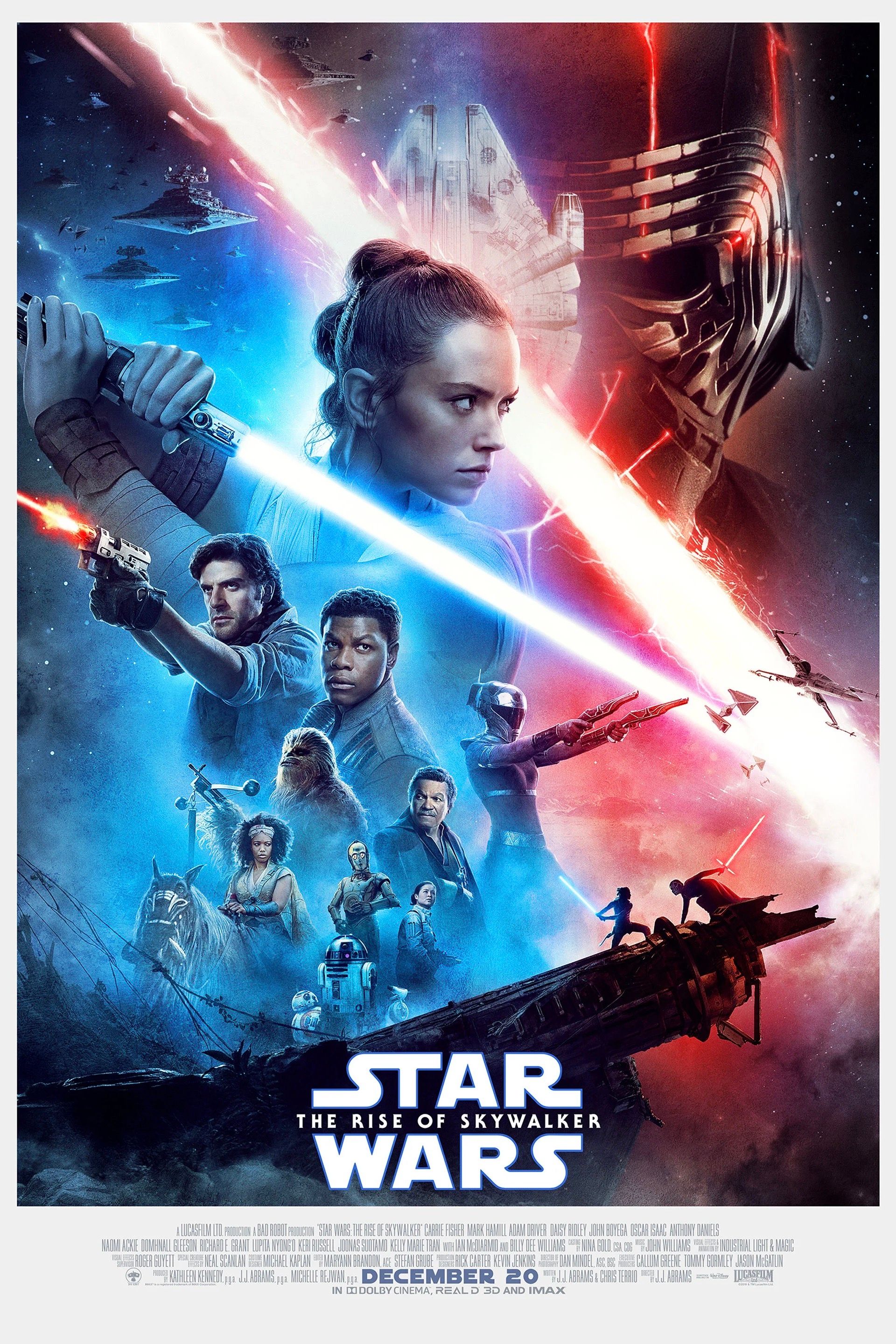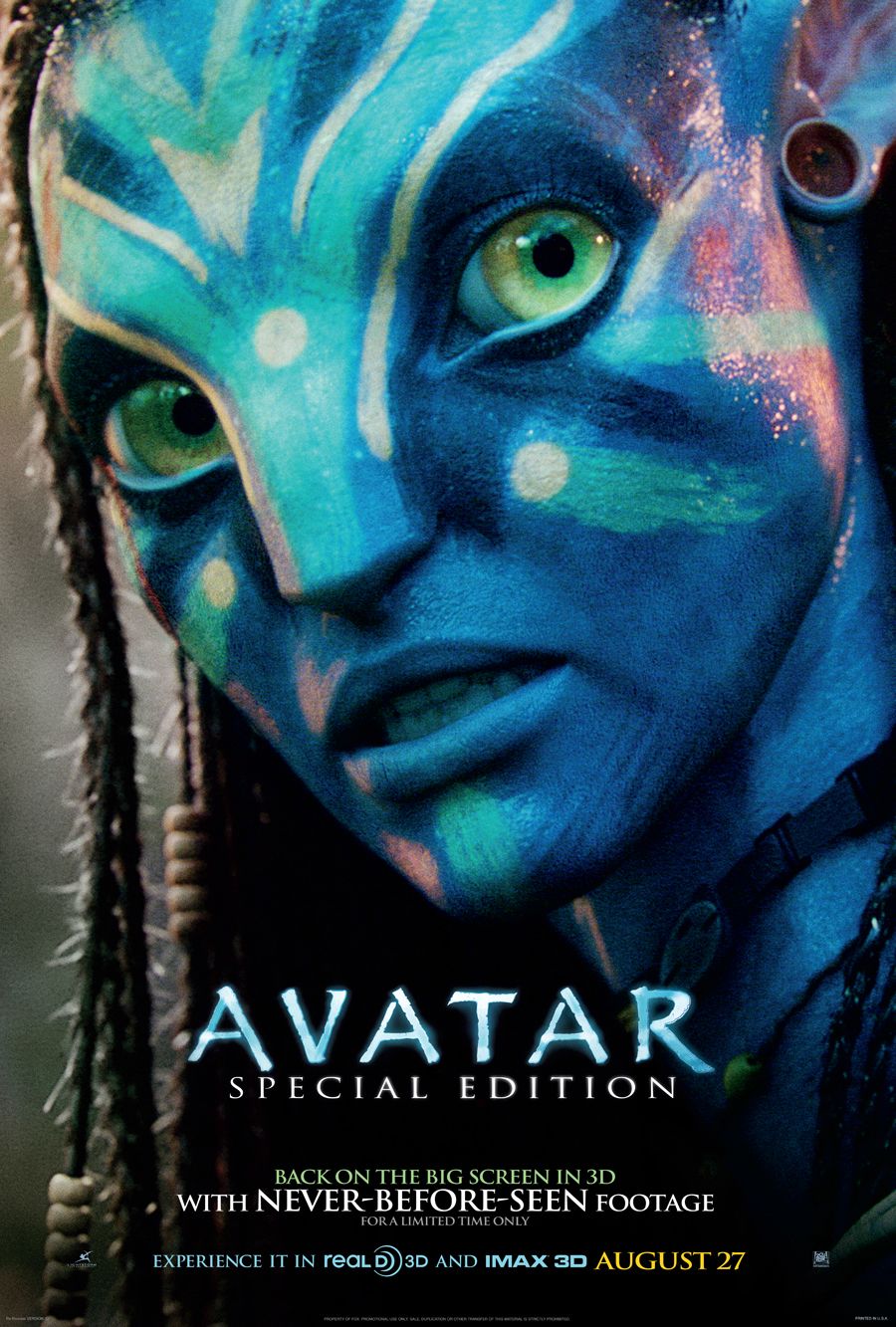Certain circles of the film community are wondering who's eager to see four sequels to James Cameron's Avatar, but the followups are arriving at the perfect time for the Star Wars franchise. Ever the perfectionist, Cameron took his time time developing brand new technology for his return trips to Pandora, and 11 long years will have passed between the premieres of the original and the first sequel, rumored to be titled The Way of Water. As many have pointed out, the Hollywood landscape has drastically changed over the past decade, leaving some to wonder where Avatar fits in the hierarchy.
Of course, one of the biggest developments in the post-Avatar world was Disney's surprise acquisition of Lucasfilm and the rebirth of the Star Wars film series. Pulling a page straight out of the Cameron playbook, the Mouse House took advantage of the lucrative Christmas window, earning more than $4 billion worldwide between The Force Awakens, Rogue One, and The Last Jedi. Even with the stumbling of this summer's Solo, Star Wars remains a highly profitable brand, and Disney is set to reap the benefits of J.J. Abrams' Episode IX next December. But with Bob Iger planning a slowdown of Star Wars cinematic releases after 2019, the galaxy far, far away will be very happy to see Jake Sully and company come back.
Avatar 2 Won't Be A Star Wars Rival
It certainly helps that Avatar 2 and any future Star Wars movies will fall under the same umbrella moving forward. As most people know, Disney is in the process of purchasing 20th Century Fox, and the deal will officially close come January 2019 - well before Avatar 2's 2020 release date. Obviously, a majority of the current discussion has been about how this will impact the X-Men movie franchise, but Avatar is yet another lucrative property Disney is set to acquire - and they'll surely have big plans for Pandora. The studio already has a vested interest in Avatar's continued success thanks to the World of Avatar at Disney's Animal Kingdom. While some announced Fox projects might be axed, the Avatar sequels are definitely moving forward.
Related: What Disney Will Do With Fox's Movies, Franchises, and Studios
There are clear concerns about one media conglomerate owning so much of the entertainment industry, but Star Wars will benefit from this turn of events. Before the Disney/Fox deal, Star Wars and Avatar were jockeying for position on the release calendar. Remember, at one point, Cameron was eyeing a December 2017 bow for the first Avatar followup, but those plans changed when Lucasfilm shifted The Last Jedi there. Now, however, the two epic space franchises won't be in competition with each other and most assuredly will not square off head-to-head at the box office.
Understanding the value of both investments, Disney will want to maximize their respective profits and put them in a position where they can thrive. Typically, the studio is quite savvy about spacing out their various tentpoles so each one has a nice time period to itself. Just this year, Infinity War (April) made $2 billion, Incredibles 2 (June) crossed $1 billion, and Ant-Man and the Wasp (July) made $622 million worldwide. Solo was a flop, but Disney learned a lesson from that situation, and ideally that'll be a fluke, rather than a harbinger of things to come.
In essence, Avatar becomes one less problem for Lucasfilm to worry about, and so far they've enjoyed a peaceful coexistence with Disney's other properties. Disney will have to pull off quite a balancing act to make it all work, but so far there's no reason to believe they'll fail at it. Even though Star Wars is going to go on a (brief) hiatus from theaters, the galaxy far, far away will still be present in other platforms, including live-action television (streaming service Disney+ will be home to two separate series), so fans will still be able to get their fix, following new stories and characters. And as Kathleen Kennedy (who recently extended her contract) plots the course of the future, there's less pressure on her to crack the perfect formula.
Page 2: How The Avatar Sequels Make Life Easier for Star Wars
Star Wars Doesn't Have To Be Every Year
It's readily apparent Disney felt they had another Marvel Cinematic Universe on their hands when they got the Star Wars rights. They immediately made public plans for annual theatrical releases, alternating between the three episodes of the Skywalker saga's sequel trilogy and standalone spinoffs. In addition to the slate of five films officially announced (which will end with Episode IX), there were a plethora of projects thought to be in development. These include films centering around classic characters like Obi-Wan Kenobi, Boba Fett, and others.
Solo's underwhelming performance changed all that. In light of it losing money, Lucasfilm reportedly put other (never officially announced) anthologies on hold, while still moving forward with Rian Johnson's trilogy and David Benioff & D.B. Weiss' series. It became clear Disney rushed the great Star Wars renaissance and put out too much new content too soon. Under George Lucas' leadership, there were six live-action movies released in a span of 28 years. When Episode IX debuts in December 2019, it'll be the fifth Star Wars movie in four. There's no denying the franchise remains a meaningful touchstone of pop culture and will always have a passionate fan base ready for more material, but even the die-hards were looking to the extended gap between Solo and Star Wars 9. Sometimes, you can have too much of a good thing.
Related: Disney Is Making Rogue One Even Better
With Avatar now a Disney property, everyone involved with Star Wars can give that the break it needs instead of forcing it as a yearly "event." It's telling that the last Lucasfilm movie officially dated is 2021's Indiana Jones 5, signaling the studio is still trying to figure out the next phase of Star Wars films. Fortunately, they can take their time with that. After how Solo turned out, it seems highly unlikely Star Wars will release in the summer anytime soon (Marvel and Pixar dominate that territory), so Lucasfilm will probably try to stick to December as often as possible. Under the current setup, they can alternate Christmases with Cameron. Avatar 2 and 3 are set for 2020 and 2021, respectively, but the fourth movie in the saga won't debut until 2024. Right now, safe odds are on the first Johnson Trilogy or Benioff/Weiss installment hitting theaters in December 2022, with another movie following in 2023.
As evidenced by The Force Awakens' record-shattering box office run, Star Wars discourse is at its most harmonious when Star Wars isn't there. Episode VII was an unprecedented cinematic event, bolstered in large part because it came out 10 years after Revenge of the Sith (when everyone thought the franchise was done). Of course, it'll be impossible to replicate the exact scenario of The Force Awakens' release, but three years between Episode IX and whichever Star Wars film comes next is an extended enough hiatus for people to start to miss Star Wars movies and become excited when the hype machine revs up again.
Star Wars Will Be Allowed To Be Star Wars
After Disney dropped $4 billion on Lucasfilm, there was a large amount of pressure on the modern films to perform. A 60 Minutes report that aired shortly before The Force Awakens' premiere said anything less than $1.5 billion worldwide would be considered a commercial disappointment. Even for a franchise as massive as Star Wars, those are impossible standards to meet every time out, and it's not realistic to expect that much money every time. Keeping with the Marvel comparison, the sequel trilogy installments are akin to Avengers movies, while the spinoffs are like a solo character film like Doctor Strange or Ant-Man. Rogue One hitting $1 billion probably raised an unfair bar other anthologies would be judged upon, and it would be wise to temper expectations moving forward - especially since the upcoming movies will be about unfamiliar characters and stories.
Star Wars was placed under such intense scrutiny because of the sizable investment and the nature of it being Star Wars, but now things have changed. Through numerous revenue sources like ticket sales and merchandise, Disney has already turned a profit on Lucasfilm. Obviously, they want every movie they produce to end up in the black, but they're no longer in a position where they're trying to make back their money. Additionally, the Avatar franchise is a nice supplement to Mickey's coffer. The original remains the highest-grossing film of all-time at $2.7 billion worldwide, and even if the sequels don't match that figure, they'll still pull in impressive hauls. It might be easy to mock Cameron's supreme dedication to fleshing out Pandora, but he's a proven commodity who's proven the naysayers wrong before. Once Avatar 2 marketing kicks in and general audiences see what the director has up his sleeve, the conversation might change.
Related: The Avatar Sequels Will Blow Marvel Out of the Water
Obviously, having four major sources of income is better than three (Marvel, Pixar, and Lucasfilm), and Star Wars won't have to necessarily be the end all be all that has to constantly deliver. As Lucasfilm focuses on TV, Disney will be able to rely on Avatar to draw in large crowds over Christmas and January, earning as much (or more) than a new Star Wars movie would. It'll almost be like nothing's changed; rather than a giant void in the Mouse House's release schedule, there'll be another space fantasy to serve as the big holiday event. Disney got very fortunate with how things turned out, and they should take full advantage.
It is worth mentioning that Avatar looks to have a limited shelf life with just four movies remaining. Unlike the Marvel Cinematic Universe and Star Wars, which are spearheaded by producers managing multiple projects from a wide range of creatives, Avatar is the linear vision of a single filmmaker, and right now it seems unlikely someone as obsessed as Cameron would let his creation go to be spun into a full-fledged cinematic universe. This means the complementary dynamic between Avatar and Star Wars is not built to last longterm, and there will come a point in time when Lucasfilm is back in the fierce spotlight. But that won't be for another seven years, giving Kennedy and company plenty of time to figure out the best course of action. There were some growing pains early on in this era, and they'll most likely be ironed out by then.
-
Star Wars is here to stay. Disney hasn't killed it and they're not just going to bury it because one movie struggled commercially. As evidenced by the ever-evolving slate of projects, Lucasfilm has big ideas for their prized possession, opening several new corners of the expansive universe to explore. But with the franchise entering a transitional period, the timing of the Avatar sequels worked out perfectly, giving Kennedy the leeway she needs before kicking off a new wave of movies.

